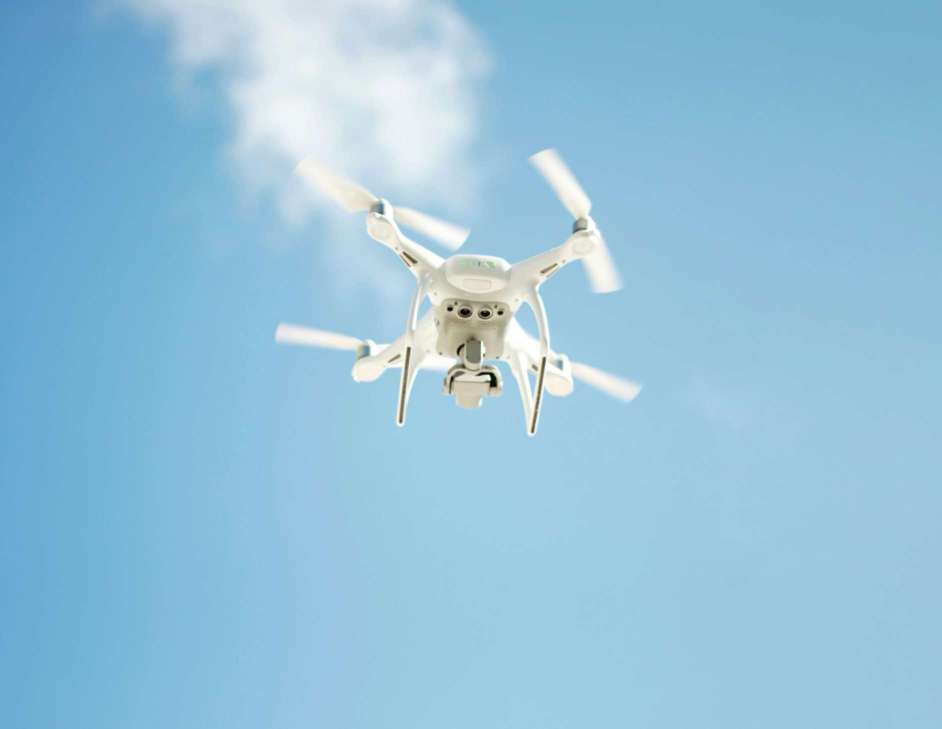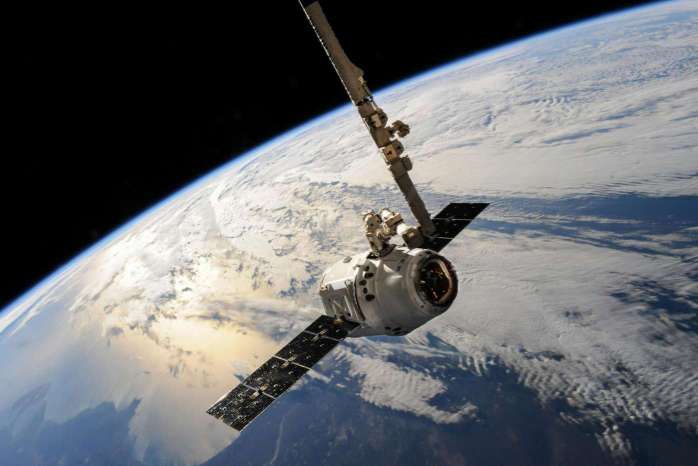Space Tourism: Are You Ready for Your Trip to Space?
7 min read
16 Aug 2024
Space tourism, once a concept limited to science fiction, is now becoming a reality. With private companies leading the charge, the dream of traveling to space is closer than ever before. This article explores the current state of space tourism, the companies making it possible, the experiences on offer, and what the future holds for this burgeoning industry.
The Pioneers of Space Tourism
Private Companies: Leading the way in space tourism are companies like SpaceX, Blue Origin, and Virgin Galactic. These pioneers are developing spacecraft and launching systems designed to take civilians into space. Historical Milestones: The first space tourist, Dennis Tito, made his trip to the International Space Station (ISS) in 2001. Since then, several other private individuals have followed, paving the way for more accessible space travel.

What to Expect on Your Space Trip
Suborbital Flights: Most space tourism experiences currently offered or planned are suborbital flights. These flights take passengers to the edge of space, allowing them to experience weightlessness and see the curvature of the Earth before returning. Orbital Flights: For those seeking a more extended adventure, companies are also working on orbital flights that would take tourists around the Earth, offering a more immersive space experience. Accommodations and Training: Space tourists will undergo training to prepare for their trip, including simulations of the flight experience and safety protocols. Some companies are even planning space hotels for longer stays.
The Cost of Space Tourism
Ticket Prices: Space tourism is not yet affordable for everyone, with ticket prices ranging from hundreds of thousands to millions of dollars. However, as technology advances and more companies enter the market, costs are expected to decrease. Accessibility: Efforts are being made to make space tourism more accessible to a broader range of people, including offering financing options and developing more cost-effective technologies.
The Risks and Challenges
Safety Concerns: Space travel is inherently risky, and ensuring the safety of passengers is a top priority for space tourism companies. This includes rigorous testing and adherence to strict safety standards. Environmental Impact: The environmental impact of increased space travel is a concern, with rocket launches contributing to pollution and climate change. Companies are exploring sustainable practices and alternative fuels to mitigate these effects.
The Future of Space Tourism
Technological Advancements: Continued advancements in spacecraft technology, such as reusable rockets, will play a significant role in making space tourism more viable and affordable. Expanding Destinations: As technology progresses, the range of destinations for space tourists will expand, potentially including lunar trips and even Mars expeditions. Economic Impact: The growth of the space tourism industry is expected to have significant economic benefits, including job creation, advancements in related technologies, and increased investment in space exploration.
Conclusion
Space tourism is set to revolutionize the way we think about travel and our place in the universe. While it is currently a luxury experience, efforts are underway to make it more accessible to the general public. As technology continues to advance and the industry grows, the dream of traveling to space may soon become a reality for many. The future of space tourism is bright, promising unparalleled adventures and a new frontier for human exploration.
More Articles

3D Printing: How It's Changing the World as We Know It
6 min read | 17 Jul 2024

Additive Manufacturing: The Technology Behind 3D Printing
6 min read | 16 Jul 2024

Industry 4.0: The Fourth Industrial Revolution Explained
6 min read | 15 Jul 2024

Smart Manufacturing: The Future of Production is Here
4 min read | 14 Jul 2024
More Articles




